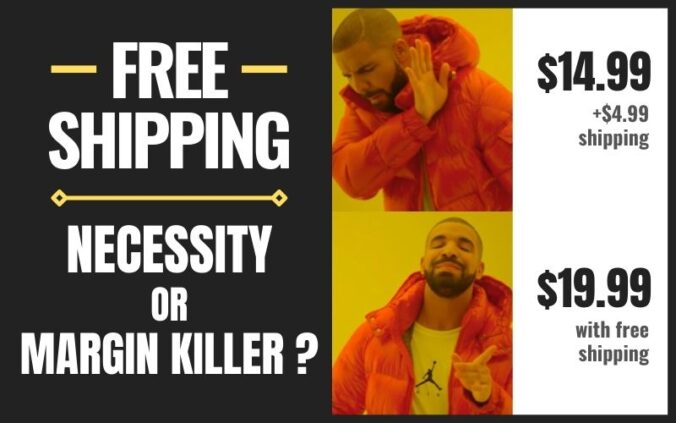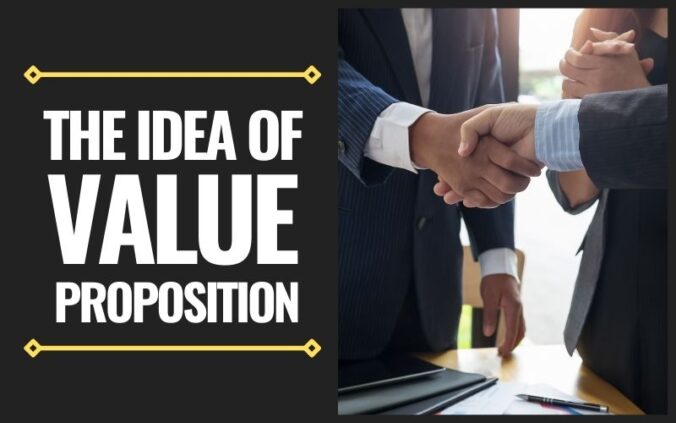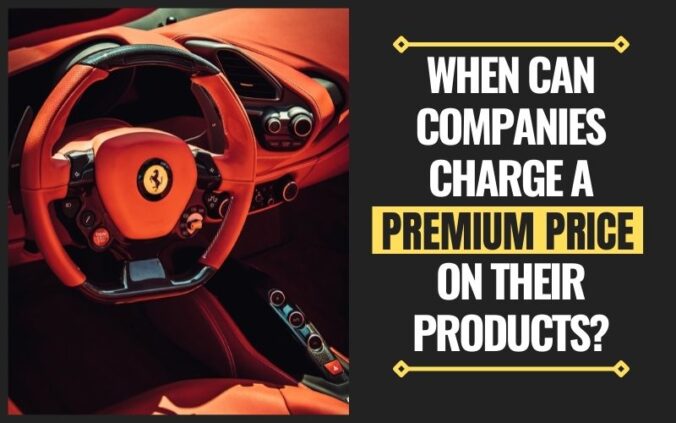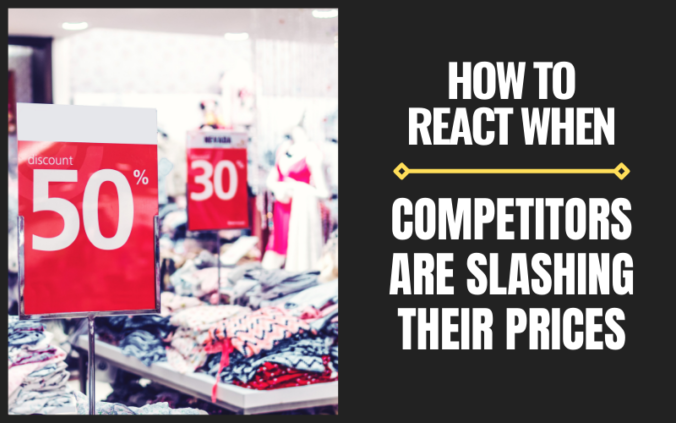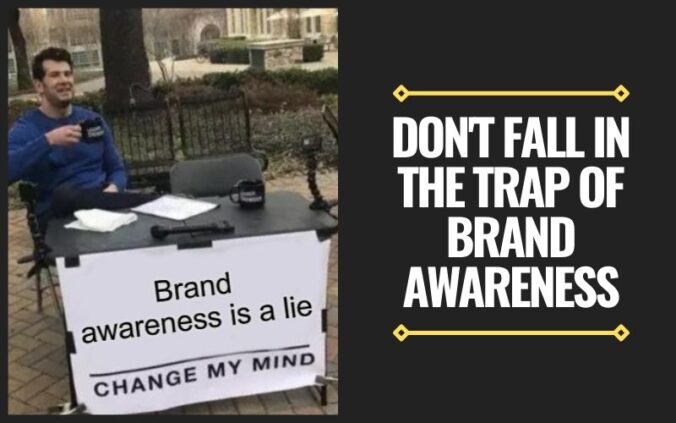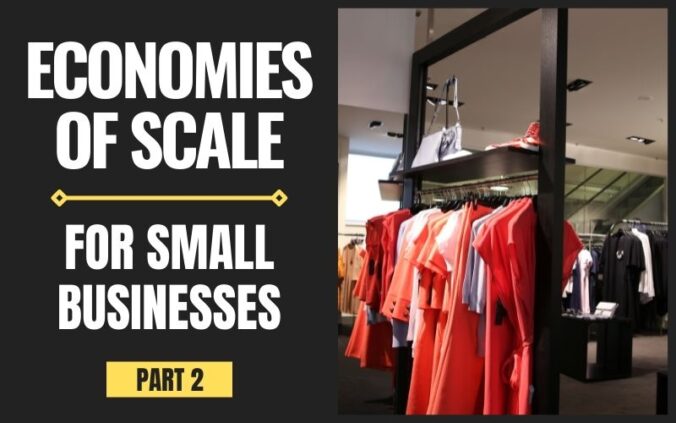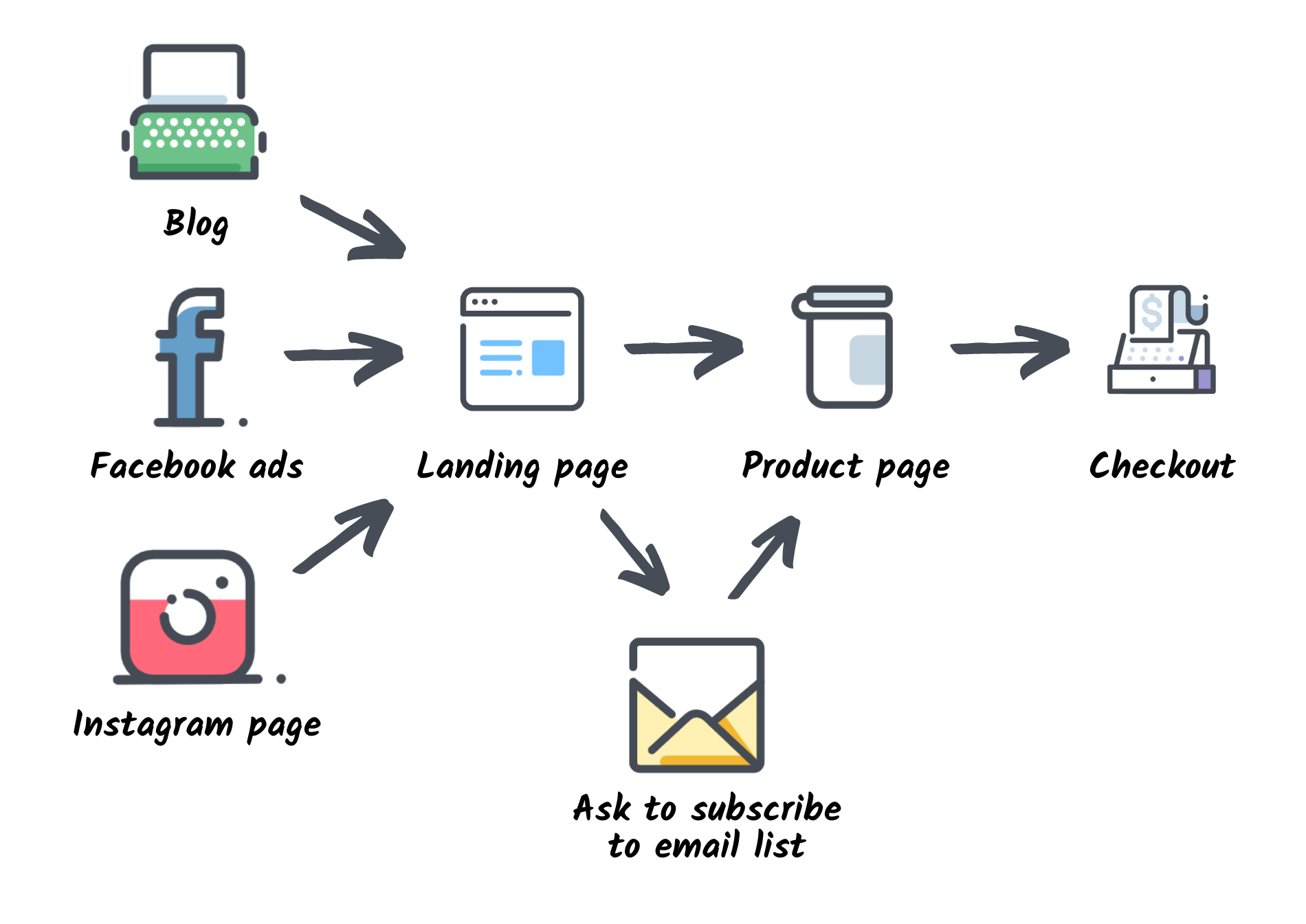If you shop online, I’m sure you’ve been there: you find an item you really like at a decent price, you add it to your cart, begin checking out, and find out that shipping will add an extra $7 to your bill. What an awful surprise. The idea of paying for shipping greatly upsets you, and you give up on your purchase. Does this sound familiar? I’ve certainly done that many times. In the age of Amazon Prime, should other online businesses offer free shipping? Is charging for shipping a thing of the past?
Continue readingTag: sales (Page 2 of 2)
People will buy products that solve their problems and/or make their life better.
That is for me the main idea on what’s an attractive value proposition and I could stop writing here. But as the basketball coach John Wooden said, “It’s the little details that are vital. Little things make big things happen.” Let’s see how the customers evaluate a value proposition, make their decisions, and why this isn’t easy for them.
Continue readingPremium means more than just good quality.
I remember going out with this girl a couple of years ago. She was really into fashion and always wore a stylish outfit. In a conversation, she was very excited to tell me that she was carrying her rare Louis Vuitton purse that day and the story behind that purchase. I know absolutely nothing about fashion, but I know these are not cheap. Sure, her purse looked good. But why was she so excited about it? Was it because of a unique design? Or extremely high-quality materials? What justifies the four-figure price tag?
Continue reading“Metaverse”, “Cloud Computing”, “Datafication”; these days, it feels like every other news article about business is trying to use as many technology keywords as possible. We hear about innovation and disruption in the entertainment, medicine, and transportation fields everyday. I’d say that half of the people using these buzzwords have no idea what they are talking about, but they feel they have to use them to sound smart. It is easy to get a sense of technology being important for businesses and entrepreneurs, including those operating online. A huge part of top companies are tech for certain reasons. Technologies and technical processes can create opportunities and improve operations. After all, the internet is the reason ecommerce exists in the first place. But technology can also kill businesses unwilling to adapt to the ever-changing environment. Let’s see how.
Continue readingWe have all experienced this. Sales that previously looked great start to decrease month after month. Is it because of lower customer demand? Or is it due to issues with distributors? Perhaps there is something about the competitors’ landscape we did not notice? Seeing a new competitor enter your market is never a great experience, but realizing they offer similar products and services at a shockingly-low price is especially scary. But what should a company do after the initial panic?
Continue readingIn the last few years, “brand awareness” became one of the most popular buzzwords in the digital marketing world. Every week, I receive marketing emails from digital consulting agencies telling me how they can help me “build brand awareness” or “increase brand awareness”. That sounds great on paper, and I think brand awareness can be a positive thing. However, what I’m seeing is that the necessity of building brand awareness has become overblown, especially for small niche businesses on a limited marketing budget. I wish I had time to ask these marketing agencies what they mean exactly by “increasing brand awareness”, and I suspect some of them are preying on businesses with limited knowledge of marketing strategy.
Continue readingIn the last article, we looked at how small businesses can take advantage of commercial, technical, and marketing economies of scale. But there are two more types of economies of scale that I’d like to talk about: network and managerial. Let’s see what small businesses can do to exploit these.
Continue readingIf you have ever studied business, you’ve probably heard of this concept called Product Life Cycle(and if not, you’ll definitely hear about it again soon). It represents the phases that a product goes through from its birth to its death.
Continue readingIn the first part of this article, we talked about the basic AIDA funnel. If that funnel was too theoretical to you, let’s look at a real-world example on an ecommerce website. We will use the same example as above; we sell nutritional products on our online website.
Continue reading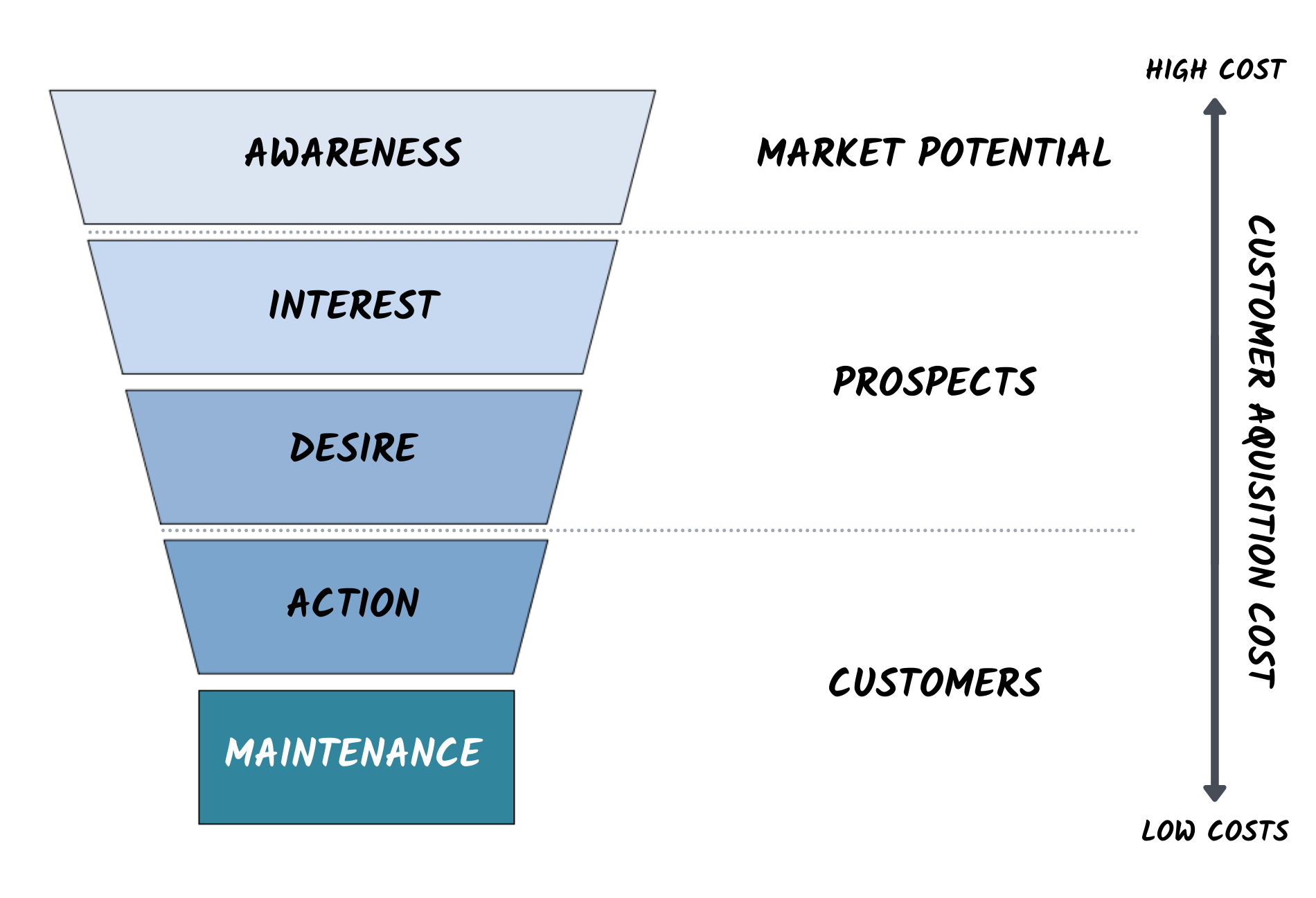
Ecommerce sales funnels – Part 1
Let’s say you are single, and you are trying to meet your soulmate on a dating app. You see an attractive stranger, start a conversation, and within a few texts, they ask you to marry them. What are you going to do? Say “Yes”? Or block them and never talk to them again? You might think that it’s a weird way to start a conversation.
Continue reading